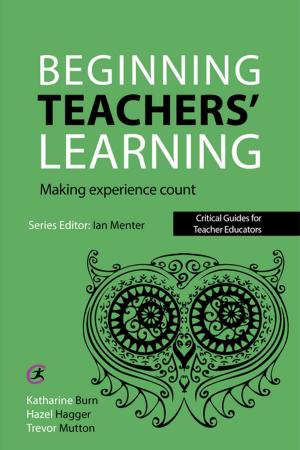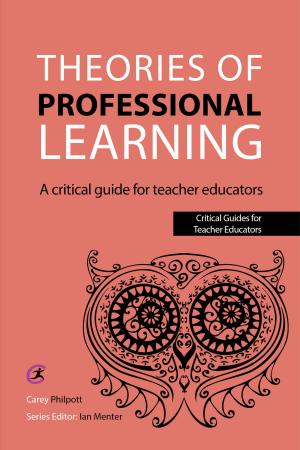Observing Children and Families
Beyond the Surface
Nonfiction, Social & Cultural Studies, Social Science, Social Work, Reference & Language, Education & Teaching| Author: | Gill Butler | ISBN: | 9781910391648 |
| Publisher: | Critical Publishing | Publication: | November 18, 2015 |
| Imprint: | Critical Publishing | Language: | English |
| Author: | Gill Butler |
| ISBN: | 9781910391648 |
| Publisher: | Critical Publishing |
| Publication: | November 18, 2015 |
| Imprint: | Critical Publishing |
| Language: | English |
The ability to observe and to process what is seen is crucial in social work with children and families. Yet successive inquiries into child deaths have demonstrated the problems faced by professionals in doing what is superficially a very straightforward task, highlighting the difficulties in seeing, thinking about and developing an understanding of the child’s experience.
This book helps readers to develop an understanding of what is entailed in observation, explaining the unique insights that child observation can bring to practice with children and families. By drawing out relevant theoretical concepts it aids their understanding of what they are observing and so helps them to develop their own skills. Key theoretical concepts are brought together from developmental psychology and psychoanalytic thinking in a way that enables practitioners to draw on these to inform and enrich their thinking. Useful case studies are presented which practitioners can relate to their own practice when they are struggling to make sense of difficult situations.
The ability to observe and to process what is seen is crucial in social work with children and families. Yet successive inquiries into child deaths have demonstrated the problems faced by professionals in doing what is superficially a very straightforward task, highlighting the difficulties in seeing, thinking about and developing an understanding of the child’s experience.
This book helps readers to develop an understanding of what is entailed in observation, explaining the unique insights that child observation can bring to practice with children and families. By drawing out relevant theoretical concepts it aids their understanding of what they are observing and so helps them to develop their own skills. Key theoretical concepts are brought together from developmental psychology and psychoanalytic thinking in a way that enables practitioners to draw on these to inform and enrich their thinking. Useful case studies are presented which practitioners can relate to their own practice when they are struggling to make sense of difficult situations.















